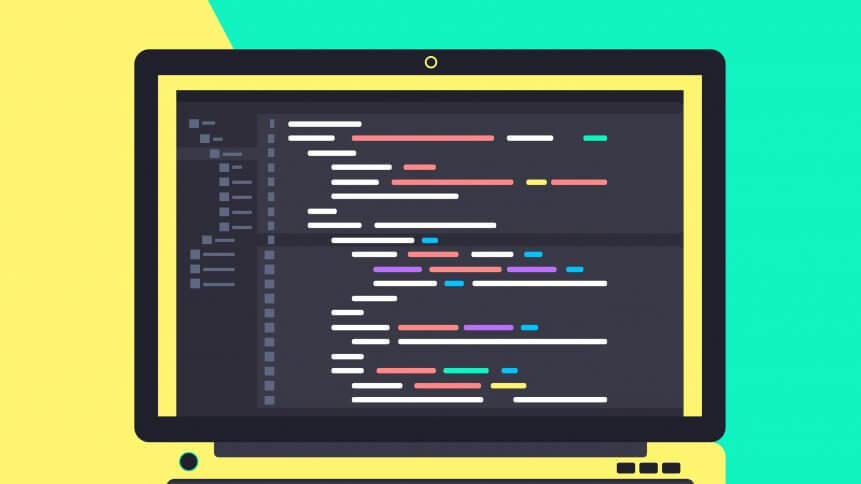Why the software industry got hooked on ‘outcomes’

People used to just buy software… and hardware too for that matter. Enterprise and home user customers alike would select the software application packages they wanted and install them on their network or personal machine, or machines… and then just boot them up.
This was the way it always was, right from the start of the personal computer revolution (somewhere around the tail end of the 1960s) and onwards through the millennium.
But things have now changed. Customers are no longer always happy to just buy a product and saunter off to see what they can achieve with it. Now, customers want to be able to buy some tangible notion of what that software is going to allow them to do.
Individuals and enterprises alike have started to demand the option to pay for software based on the result it will have on their personal lives or business in monetary terms, or some other major impactful (but still essentially measurable) way. This is the world of ‘outcomes’.
What are software outcomes?
In the most simple terms, software outcomes are measured by the amount of additional profit that can be achieved by using a new application, database, analytics engine, computation layer, networking fabric or some other form of (today, usually cloud-based) software service.
Looking wider, outcomes could also be the development of a new department, product or service. Basically any business or personal objective that has results.
But outcomes-based software can only go so far. We can’t expect software vendors to give us a refund if we’re not happy with the way an app works if the core functions of the software work ‘as described’ and so are legitimately completely fit for purpose, can we? Surely it’s down to the skill of the people using a piece of software that should determine whether any given job it is applied to is carried out effectively, isn’t it?
The answer is… maybe, sometimes, it depends.
In the real world, outcomes-based software pricing is limited to a carefully defined operational zone. The only place it really happens is where a customer can evidence a very repeatable and definable set of business patterns with comparatively static values. In these scenarios, software vendors can more reasonably offer outcomes-based pricing, because they know what their product is going to be applied to at the coalface.
In extremely predictable workload patterns, software vendors may even consider going one step further than outcomes-based pricing to offer their products and services for free but based upon a profit-sharing percentage agreement derived from the defined outcomes that the software itself is supposed to facilitate.
A post-millennial symptom?
This whole movement is having some impact upon the way software vendors are now coming to market. If software specialists aren’t directly offering outcomes-based purchasing options, then it’s for sure that they are at least using the term in their marketing materials.
The trend itself may also be a token of the current age, i.e. as consumers at every level we have become more and more used to complaining and asking for compensation if we don’t get what we want. It might be a symptom of the disposable society, i.e. we’re all used to clicking and swiping away if we’re not happy, so user choice has become paramount.
The whole pay what you think it’s worth movement has other parallels. Restaurants have played with the idea of offering diners the option to reward the cooking and serving staff with their own personal estimate of what a meal was worth. But the whole topic gets quite wooly — when does a meal deliver the right outcome? When you can eat it and you’re full… some would argue.
YOU MIGHT LIKE

AI could be the answer to a software developer shortage
Outcomes-based economics
How far could outcomes-based economics go? What if you read this piece of industry analysis and decided that it wasn’t worth the six-minutes you’d devoted to it? Would you send me a Tweet saying that that was a portion of your life you’d never get back and what am I going to do about it?
We’ll hear more and more about software outcomes this year and this decade. It’s a trend that goes hand in hand with the notion of User Experience (UX) because we now care about the effect that everything in society has on everything else. When those things impact climate change, then it’s surely a good thing to know what outcomes we face. When its software, well, many would argue that software runs the world and so it’s just as important.
The outcome of this piece is intended to leave you thinking about how we will now track so-called ‘deliverables, touchpoints and outcomes’ in everything from enterprise software to your next cheese sandwich.
Ah! You didn’t want Cheddar? No problem madam, of course, you can have your money back.








